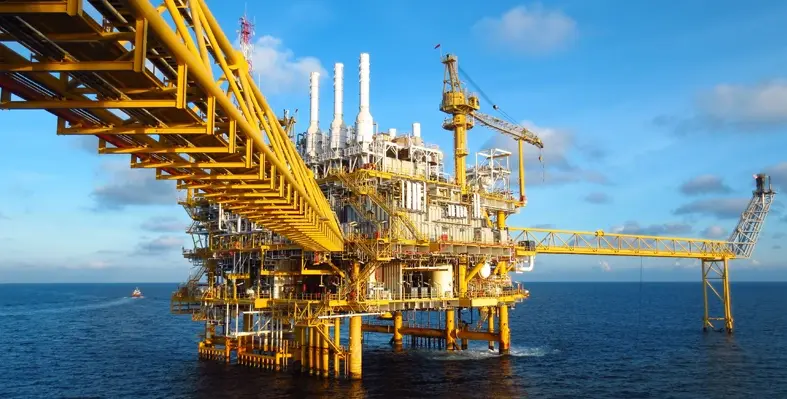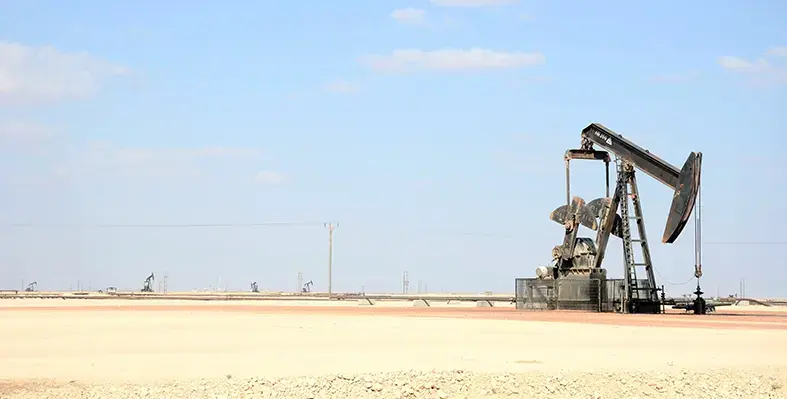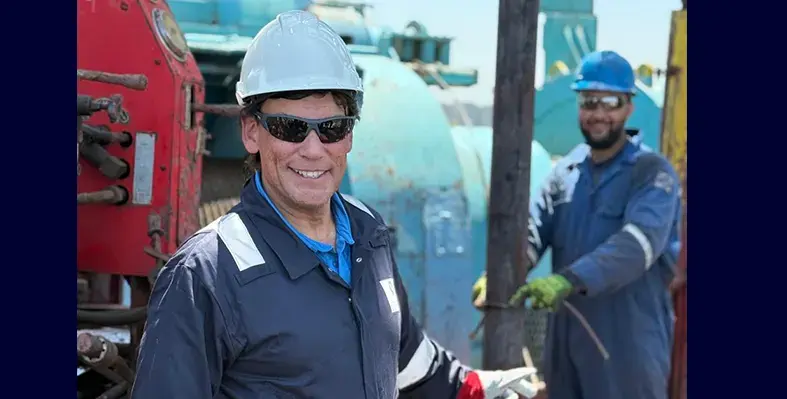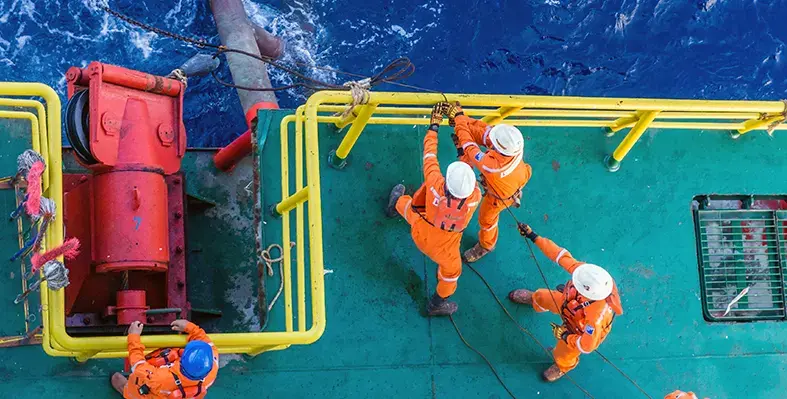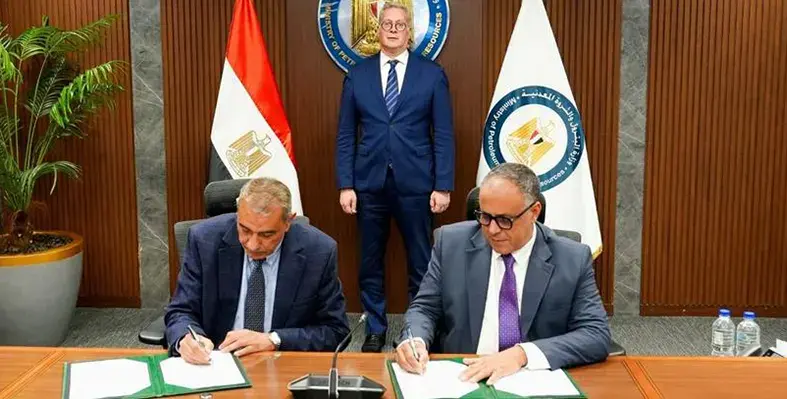The Lebanese government has signed an agreement with an international consortium for exploration in Block 8 offshore Lebanon
The consortium, consisting of operator TotalEnergies (35%) with its partners Eni (35%) and QatarEnergy (30%), have signed an agreement with the Lebanese government to enter Block 8 exploration permit offshore Lebanon. Block 8 is located about 70 km off the southern coast of Lebanon in water depths of approximately 1,700-2,100 m.
TotalEnergies and Eni were several years ago involved in a consortium with Russia’s Novotek to explore in two blocks in the Mediterranean sea, but this was unsuccessful, with the maritime border dispute with Israel (now resolved) impeding progress in one of the blocks. Qatar Energy partnered with TotalEnergies and Eni in early 2023 to explore blocks 4 and 9, marking its first exploration venture in Lebanon. However, exploration in Block 9 has not been successful.
The first step in the consortium’s work on Block 8 will be the acquisition of a 1,200 sq. km 3D seismic survey, in order to further assess the area's exploration potential.
“Although the drilling of the well Qana 31/1 on Block 9 did not give positive results, we remain committed to pursue our exploration activities in Lebanon. We will now focus our efforts on Block 8, together with our partners Eni and QatarEnergy and in close cooperation with Lebanese authorities,” said Patrick Pouyanné, chairman and CEO of TotalEnergies.
His Excellency Mr. Saad Sherida Al-Kaabi, Qatar's Minister of State for Energy Affairs, the president and CEO of QatarEnergy, said, “We are pleased to secure this exploration block, which allows us to support the development of Lebanon’s upstream oil and gas sector reflecting and reaffirming the State of Qatar’s ongoing commitment towards a brighter future for Lebanon and its people.”
Lebanon’s Ministry of Energy and Water, in cooperation with the Petroleum Administration, is reported to be working on reforms to modernise licensing procedures, in advance of the launch of a fourth licensing round. The government is keen to encourage further international exploration and development to revive the country’s oil and gas sector and aid the recovery of the country’s ailing economy. Lebanon recently signed an agreement with Egypt for the supply of Egyptian gas to ease its chronic power shortages, and also signed a maritime gas zone agreement with Cyprus, opening the way for further exploration and development and the unlocking of Lebanon’s undoubted offshore potential.





